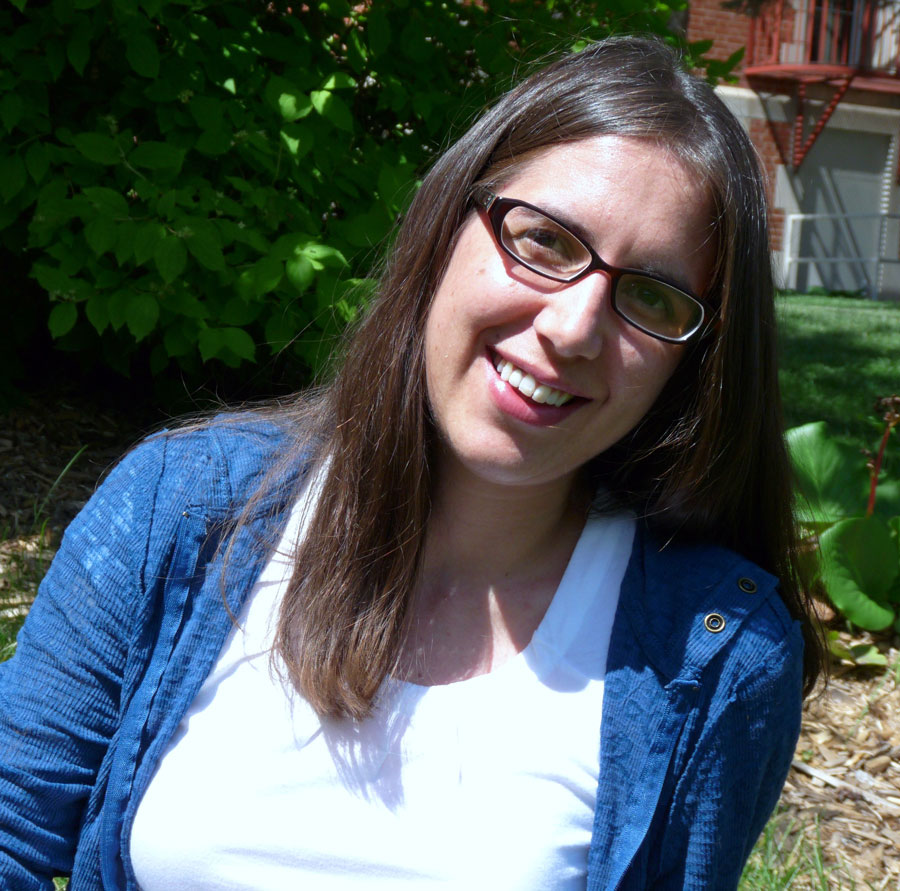
Juli Gibbs, Associate Professor (chemistry), has been recognized as a research star on the rise, having recently been awarded the Discovery Accelerator Supplement by the Natural Science and Engineering Research Council (NSERC). This supplement, awarded in addition to a Discovery Grant, is given to researchers seen on an upward trajectory, to accelerate the progress and maximize the impact of superior research programs.
The research in Gibbs' lab includes developing new diagnostic tools for in areas of the world rampant with disease but limited with resources. "We want to make a simple DNA self-replication system where we provide all of the necessary pieces for replication, but replication does not start until a little bit of DNA from the bacteria or disease-causing agent is present," explains Gibbs. "By coupling self-replication of a DNA sequence to something like a colour change using gold nanoparticles, we can tell whether a person is infected based on the colour of the text."
The other aspect of Gibbs' work involves trying to understand-on a molecular level-the interface between solids and liquids, of significance to both environment and industry which are dominated by these interactions between water and sand or glass. "In Alberta, in particular, understanding the interface of sand, clays, and water is helpful in finding ways to reclaim the tailings waste from the oil sands."
Unique approach complements historical strengths
"No one approaches problems the way we do here at the University of Alberta, given the unique instruments we have in our lab and my group's unique focus both designing and studying new-and old-materials," she continues. This work is highly complementary to the historical strengths at the U of A. "We have some of the world's leaders here trying to understand the interface of sand, clay colloids (small particles), and water. We rely on the foundation of knowledge they've created." Gibbs also notes working alongside a strong group of bioanalytical chemists who are thinking outside the box to develop novel approaches to detect disease and study biological systems.
"The accelerator grant is a considerable amount of money which will allow our group to take our research to the next level, so to speak. I was quite surprised and honoured to have been chosen," says Gibbs, who was humbled by the unexpected grant and the vote of confidence from the Canadian chemistry community. "Having recently been tenured, I have been trying to think more broadly and long-terms about the types of questions we want to ask. The timing was perfect in providing us the means to think bigger."
Gibbs is one of just five Discovery Accelerator Supplement recipients this year at the University of Alberta. She is joined by 58 other colleagues in the Faculty of Science, who collectively received nearly $2.2M for NSERC Discovery Grants in 2015.